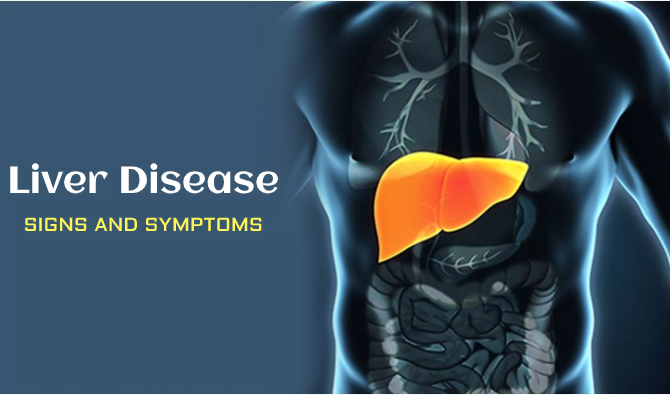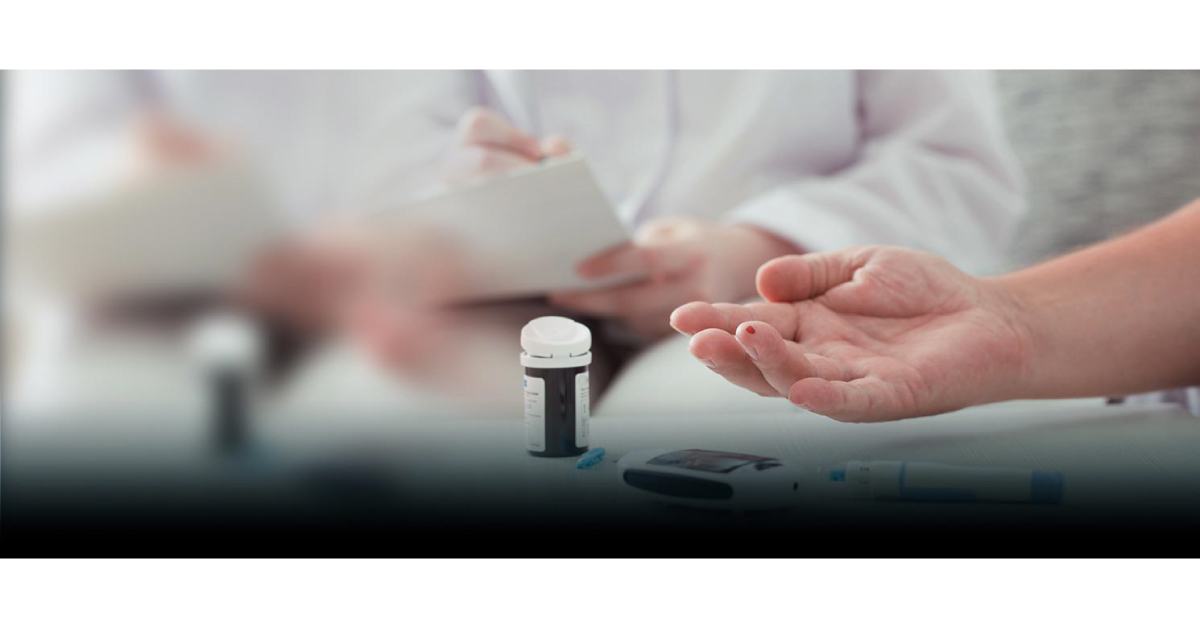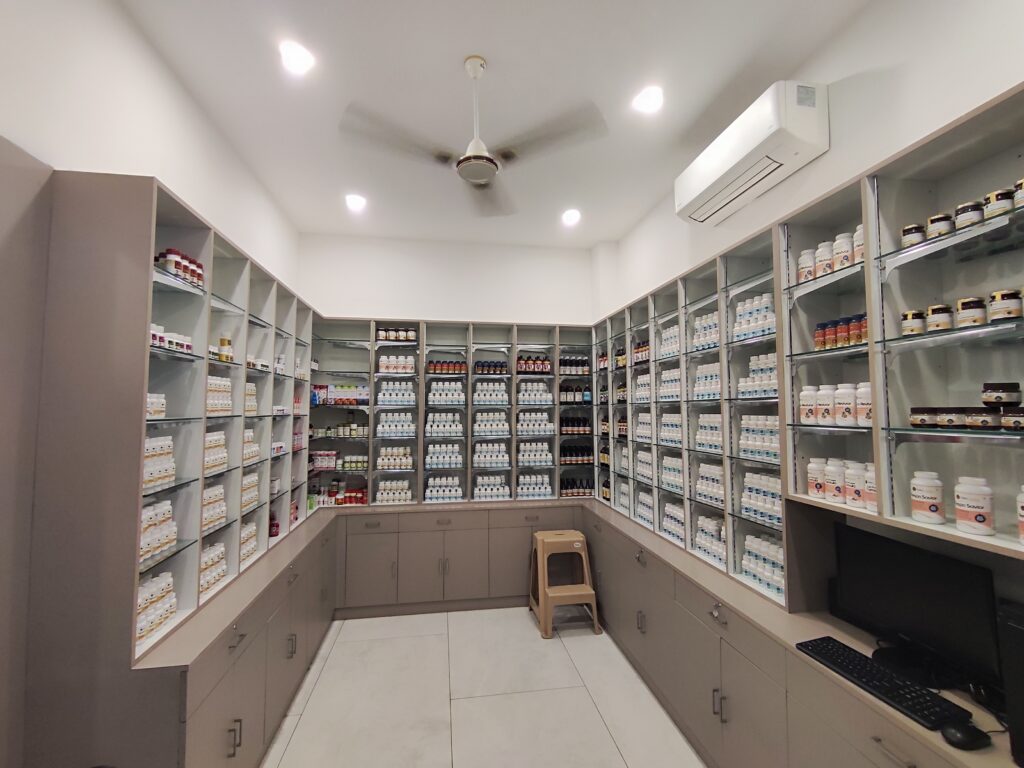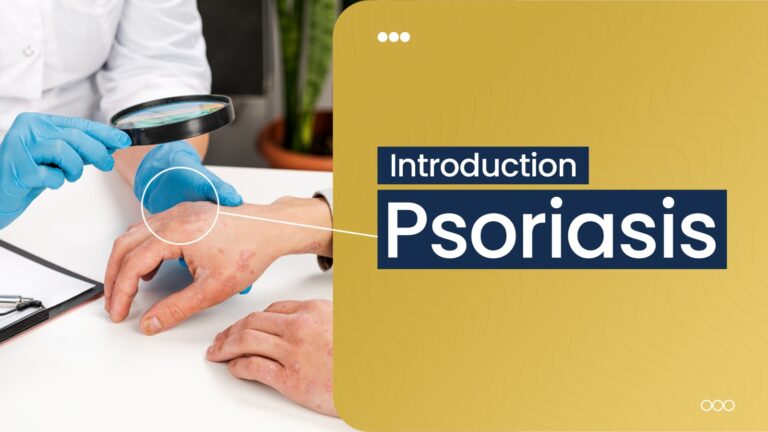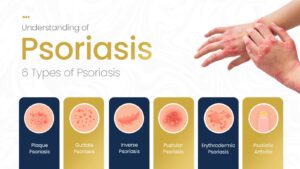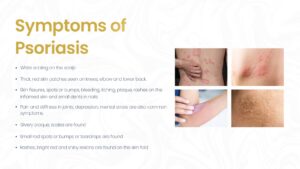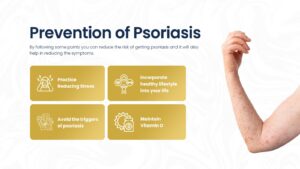INTRODUCTION PSORIASIS–
Psoriasis is a chronic autoimmune disorders, it is autoimmune skin condition characterized by- Red or white patches on the skin, skin becomes thick and scaly. It occurs when the immune system attacks on the healthy calls of skin, immune system mistakenly attacks on the healthy cells. Due to this, cells start forming in large amounts and inflammation starts occurring in the skin.
According to Ayurveda psoriasis is equated with Ek kustha and it is a type of ksuhdra kustha occurring due to the imbalance of doshas. Psoriasis is a long-lasting autoimmune disorder causing skin cells to multiply too quickly. All kustha roga (skin diseases) are tridoshaj which means the skin diseases ae caused by the aggravation of vata, pitta and kapha but in Ek kustha (psoriasis) there is dominance of vata, pitta doshas.
These areas are more affected- elbow, knees gluteal cleft and scalp (scalp psoriasis may be mild and many times it is so mild that it cannot be noticeable), lower back. Psoriasis is a chronic inflammatory disease of skin that causes a rash with itching, scaly patches, erythematous (also called erythema- abnormal redness of skin due to inflammation), rounded plaques, sharply demarcated patches.
Due to skin demonstration, the patient remains mentally stressed due to which he goes into depression and considers himself isolated from the society.
UNDERSTANDING OF PSORIASIS – 6 types of psoriasis
-Plaque psoriasis- Most common type of psoriasis, the most 90% of its cases are found. Red, scaly, patches, silvery plaque are found. These parts of the body are more affected by plaque psoriasis is- lower back, scalp, trunk, knee, elbow.
-Guttate psoriasis- Small red patches or spots or bumps are found on skin, guttate psoriasis is found mostly in children and adolescent than adult.
-Inverse psoriasis- Rashes appear on skin folds, bright red, shiny lesions are found on skin folds.
-Pustular psoriasis- Lesions filled with pus, inflamed blisters are found on the skin that are usually painful.
-Erythrodermic psoriasis-Red scales fall off from the skin like sheets. Some trigger for erythrodermic psoriasis-sever sunburn, infection, use of steroids, stress.
-Psoriatic arthritis- Skin rash, asymmetrical pain in joints, swelling in fingers and toes(dactylitis), foot pains fingers and toes are separated from nail bed (pitted, crumbling nails) and pain is also experienced in the back, hip and shoulder(spondyloarthropathy).
Plaque psoriasis, Pustular psoriasis, Psoriatic arthritis these are three main types of psoriasis.
CAUSES OF PSORIASIS-
Exact cause of psoriasis is not known, In psoriasis, the calls multiply abnormally and fall off, these cells fall off every 3 or 4 days. Psoriasis is a auto-immune disorder or immune mediated disorder when the body’s immune system over acts and attacks the body’s healthy cells, the cells become affected and inflamed with immune system and start multiply abnormally and cause the psoriasis.
-Injury on the skin such as sever sunburn of skin and cut on skin.
-Infection – Psoriasis is an immune system problem and this is why when infection occurs, infection – fighting cells mistakenly attacks on the healthy cells.
-Stress- common trigger of psoriasis, stress can make itch worse therefore, it is very important to manage the stress.
-Certain medication- such as steroids, prednisone(corticosteroid), lithium and hydroxychloroquine.
-Tobacco and Alcohol- Smoking doubles the risk of developing psoriasis. Those who smoke are twice as likely to develop psoriasis than those who do not smoke.
-Genetics.
-Due to dysfunction of the immune system.
-Environmental factors- cold weather and dry weather.
-Consuming incompatible food items (like -consuming milk and salt together)
-Not passing stools when you have the urge to do so.
-Sleeping during the day time (it aggravates the kapha doshas).
-Triggers of Erythrodermic psoriasis- Due to excessive sunburn, use of steroids, infection and due to mental stress.
-Triggers of Pustules psoriasis-Acne and follicle inflammation.
-Triggers of Plaque psoriasis – Dry skin, skin damage due to sunburn, skin injuries, stress.
-Triggers of Guttate psoriasis-Streptococcal infection, it is common in children and adolescents than adults.
SYMPTOMS OF PSORIASIS–
The skin becomes thick, scaly, dry, red patches.
-White scaling on the scalp.
-Thick, red skin patches seen on knees, elbow and lower back.
– Skin fissures, spots or bumps, bleeding, itching, plaque, rashes on the inflamed skin and small dents in nails.
-pain and stiffness in joints, depression, mental stress are also common symptoms.
-silvery plaque, scales are found
-Small red spots or bumps or teardrops are found
-Rashes, bright red and shiny lesions are found on the skin fold
-Lesions filled with pus, inflamed blisters are found, these are very painful.
-Red scales fall off from the skin in sheets.
– skin rash, stiffness and asymmetrical pain in joints, swelling is found in fingers and toes.
It is a Vata, Kapha predominant disease, it is characterised by- absence of sweating, fish like silver scales appears, patches of reddish black colour are found.
Difference between Psoriatic arthritis (PsA) and Rheumatoid arthritis (RA)-
Asymmetrical joint pain is found in psoriatic arthritis while symmetrical joint pain is found in rheumatoid arthritis. In Rheumatoid arthritis only joints are affected whereas in Psoriatic arthritis both joints and skin are affected. Rheumatoid can cause rheumatoid nodules whereas Psoriatic arthritis can affect tendons, nails, eyes etc. Rheumatoid common in women over 40 years of age whereas Psoriatic arthritis can occurs in both sexes at the age of 30 to 50. Test-Rheumatoid factor is positive in rheumatoid arthritis whereas in Psoriatic arthritis rheumatoid factor is negative. There are no skin rashes in rheumatoid arthritis whereas there are skin rashes in psoriatic arthritis.
PREVENTION OF PSORIASIS–
By following some points you can reduce the risk of getting psoriasis and it will also help in reducing the symptoms.
- Practice reducing stress- Manage stress with yoga, meditation and pranayama and get proper sleep, give importance to self care.
- Incorporate healthy lifestyle into your life- daily exercise for 30 to 0
-Follow a balanced diet which should include fresh fruits, vegetables, whole grains.
-Stay hydrated , also include omega-3 Fatty acids(walnuts, flaxseeds) in your diet.
-Avoid the dairy products and gluten intake.
- Avoid the triggers of psoriasis- Dry weather-keep your skin healthy moisturized regularly and use gentle products for skin
-In cold weather- wear warm clothes.
-Avoid the skin injuries like – cuts, scrap.
-To avoid infection, along with physical cleanliness, also take care of the cleanliness of your surrounding.
– Avoid certain medications like- lithium, prednisone- consult your health care professional for alternative option of these medicines.
-Avoid the smoking and alcohol consumption- because smoking doubles the risk of developing psoriasis and alcohol can trigger symptoms of psoriasis.
- Maintain vitamin D-
-Get adequate amounts of vitamin D through sun exposure and supplements.
In Ayurveda psoriasis is compared with EK KUSTHA. EK KUSTHA occurring due to the imbalance of doshas, by following theses preventive measures, the doshas in the body remain balanced and by maintaining dosha balance, chronic autoimmune disease like psoriasis can be avoided.
DIAGNOSIS OF PSORIASIS–
Medical history -family history, personal history of psoriasis Physical examination-inspection of skin and lesions.
Diagnostic tests- blood test and skin biopsy.
TREATMENT OF PSORIASIS–
Firstly maintain healthy diet, stay hydrated, avoid dairy, maintain the healthy life style like- Exercise, yoga, pranayama, meditation and get proper sleep.
-Reduce stress (stay stress free)
Avoid the triggers (cold and dry weather, injury etc), keep your skin heathy and moisturize, avoid the use of harsh products for skin, also avoid the consumption of tobacco and alcohol.
According to Ayurveda – first of all, purification (shodhana) is done, in this karma the toxins (impure doshas) of body are eliminated by vamana and virechana. The body gets purified when the toxins (impure doshas) are removed from the body. After purification of body, the disease does not recur.
MEDICINES- for mitigation are given after shodhana (detoxification)- Gandhaka rasayan (for mitigation of vata,
Kapha doshas)
-Khadirarista (blood purifier)- very effective medicine for kustha (skin disease).
-Giloy satva (for boosts immunity and balances tridosha)
-Kaishore guggulu
-Panchatikta ghrita (for mitigation of vata, Pitta and kapha also)
-Manjistha kwath
-Ajmodadi churna etc.
CONCLUSION–
Psoriasis is a chronic autoimmune inflammatory skin disorder, characterised by- Red skin patches, scales, thickness of skin, life style modification can help to manage the symptoms and prevention. If you feel its symptoms in your body or feel any such problem then definitely contact your health care professional.



